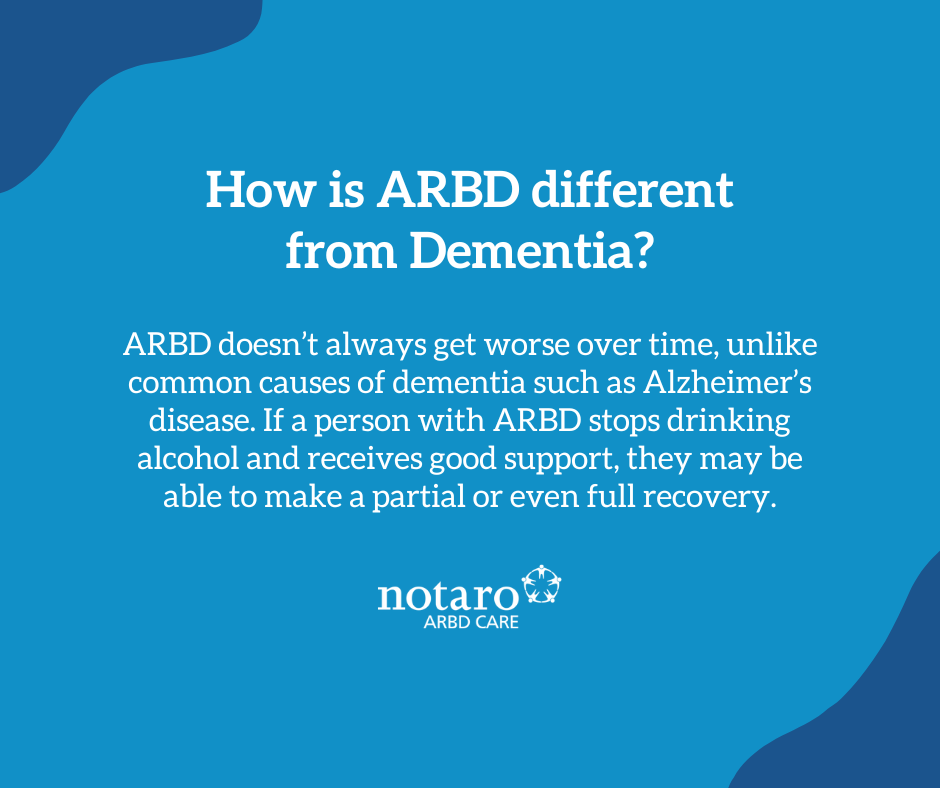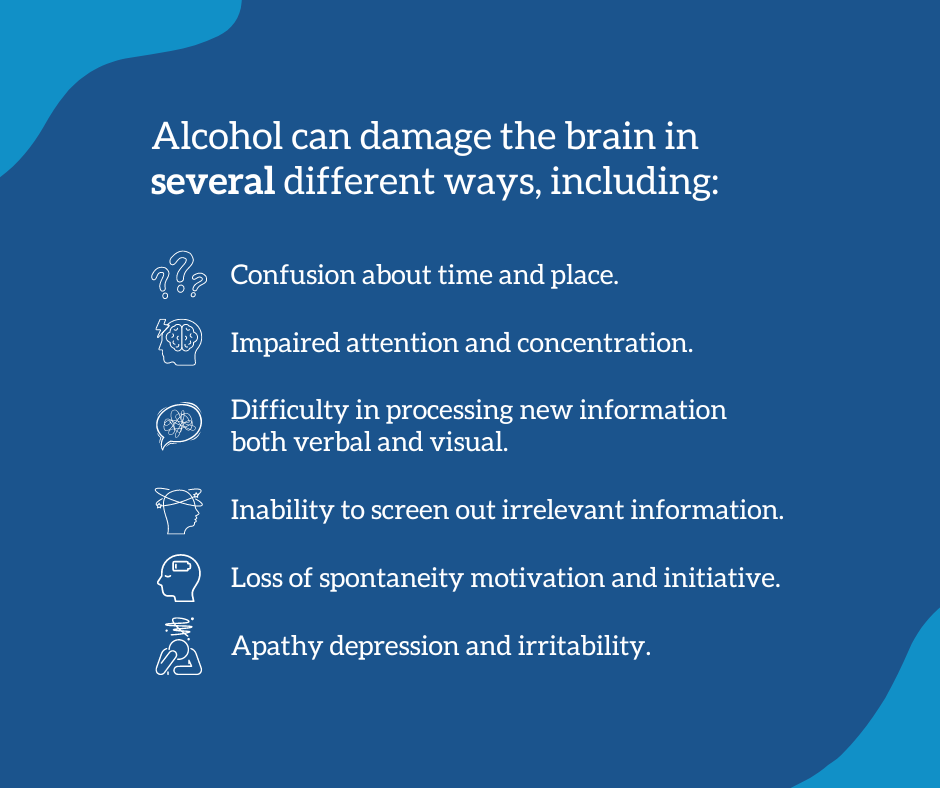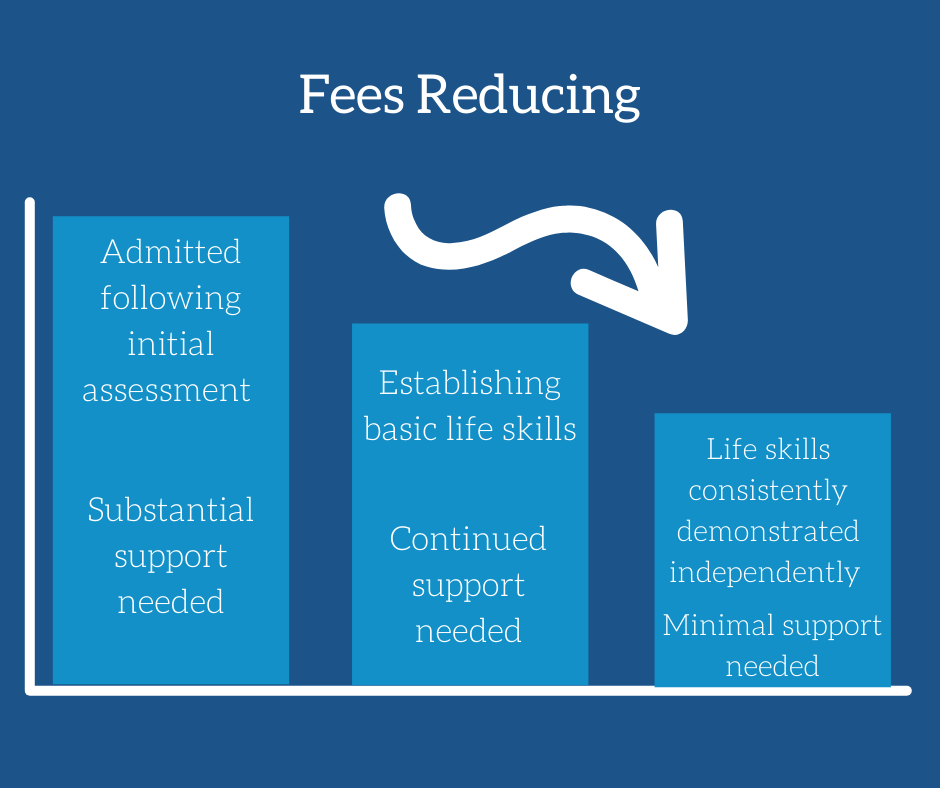Alcohol-Related Brain Damage (ARBD) is a serious condition that affects cognitive and physical functions. However, with early detection, specialised care, and a focus on recovery, individuals with ARBD can regain their independence and quality of life.
What is ARBD?
ARBD refers to a spectrum of conditions caused by long-term alcohol misuse, leading to damage in brain structure and function. It includes disorders like Wernicke-Korsakoff Syndrome, which significantly impacts memory, cognition, and physical abilities.

Recognising Cognitive and Memory Problems
Individuals with ARBD often experience:
- Confusion about time and place
- Impaired attention and concentration
- Difficulty processing new verbal and visual information
- Confabulation: Filling memory gaps with fabricated or inaccurate accounts of events
- Loss of spontaneity, motivation, and initiative
- Apathy, depression, and irritability
These challenges highlight the importance of early detection and intervention.
Additional Early Signs of ARBD:
- Poor balance and coordination
- Confusion about time and place
- Physical symptoms such as weakness, numbness, or pain
- Ataxia: Lack of muscle control and coordination, which may or may not improve
- Peripheral neuropathy: Nerve damage causing weakness, numbness, and pain, usually in the hands and feet
- Visual disturbance: Such as nystagmus (uncontrolled eye movements)
Recognising these warning signs is the first step toward seeking help.
Physical Problems Associated with ARBD:
- Gastric system, liver, and pancreas damage due to long-term alcohol misuse
- Traumatic brain injury from accidents or falls, causing additional harm
If the condition is not managed, the individual may progress to developing Wernicke Encephalopathy or Korsakoff Syndrome. Wernicke-Korsakoff Syndrome is commonly caused by the lack of healthy nutrition resulting from heavy drinking over time. However, it can also develop due to other causes.

Recovery: Care, Support, and Hope
At ARBD Care, we provide comprehensive care and support for individuals with ARBD in our specialist homes located in Weston-Super-Mare, North Somerset, and Torquay, Devon.
What We Offer:
- Specialised Care for ARBD:
- Expertise in conditions like Korsakoff’s Syndrome and Wernicke’s Encephalopathy
- Person-centred care plans tailored to individual progress
- Focus on Independence:
- Support plans to help individuals regain skills for independent living
- A step-by-step approach transitioning individuals from substantial support to minimal assistance
- Comprehensive Assessment:
- Regular assessments and progress measurements based on cognitive function, physical ability, and quality of life
Our Approach:
We emphasise developing skills such as personal hygiene, social development, communication, and household living. Progress is reviewed regularly to adjust care plans and encourage independence. Our flexible services include long-term care, respite support, and daycare, tailored to individual needs.

The Road to Independence
Our goal is to help individuals transition to living independently. Through over 30 years of expertise, we empower people to take back control of their lives and work towards an alcohol-free future. Individuals wishing to come to one of our ARBD care homes must already be sober and may have already been through rehabilitation programmes.
Final Thoughts
While ARBD presents many challenges, recovery is possible with early identification, intervention, and dedicated care. At ARBD Care, we are committed to supporting individuals on their journey to recovery and helping them reintegrate into their families, homes, and communities.












